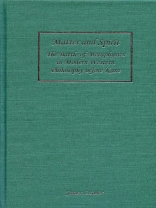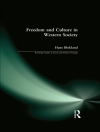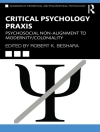This narrative shows how the contours of moral and political philosophy in the seventeenth and eighteenth centuries were shaped by Kant’s two distinct philosophical responses to the results of modern science.
This history of early modern Western philosophy takes its inspiration from Kant’s claim that the battle between the metaphysics of matter and that of spirit is the principal axis around which modern philosophy up to his time, in all its aspects, has revolved. The empiricist-materialist trend that dominates in England is first examined in the progressively unfolding works of Hobbes, Locke, Berkeley, Hume, and Adam Smith. A contrasting and competing dialectic develops in the rationalist/spiritualist trend in the continental philosophy of Descartes, Leibniz, and Rousseau. Framing this history is the background context of the philosophy and science of Aristotle and the challenges to the traditional paradigm presented by the revolutionary sciences of Copernicus, Galileo, and Newton.
James Lawler is Professor of Philosophy at the State University of New York at Buffalo.
Tabella dei contenuti
Hobbes on Morality and the Modern Science of Motion
Freedom as the Realization of Desire
Leviathan: The Making of a Mortal God
John Locke: Underlaborer of the New Sciences
Locke on the Freedom of the Human Spirit
From Berkeley to Hume: the Radicalization of Empiricism
Hume’s Science of the Dynamics of the Passions
Adam Smith Deciphers the Invisible Hand of the Market
Contradictions of Economic Life
I Think: Descartes’ Foundation of Modern Science
God and the Good Society
Leibniz’s Discovery of Universal Freedom
The Best of All Possible Worlds
Justifying God’s Ways: Kant’s Progress from Leibniz through Pope to Rousseau
Rousseau’s Reasoning of the Heart












